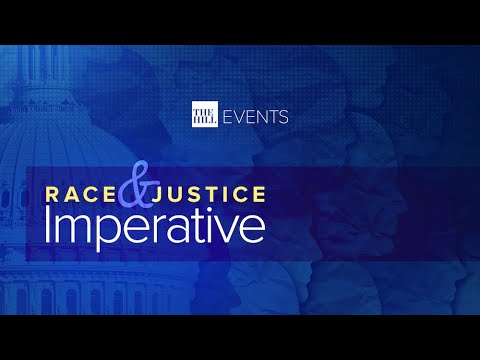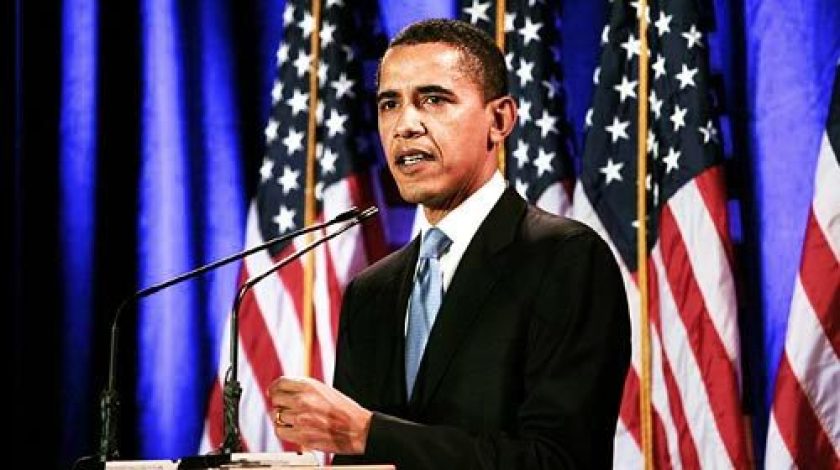Introduction
The quest for equality and justice has been at the heart of America’s journey since its founding. The very ideals upon which the nation was built, as articulated in the Preamble of the United States Constitution, envision a society where justice is established, domestic tranquility is insured, and blessings of liberty are secured for all citizens. In this article, we explore the enduring pursuit of a more perfect union, where equality and justice are not just lofty goals but the lived experience of every American.
The enduring quest for equality and justice in America represents a profound commitment to the principles upon which the nation was founded. From its inception, the United States has strived to uphold the ideals articulated in the Preamble of the Constitution—ideals that serve as the moral compass for a just and equitable society.
The Preamble’s reference to “a more perfect union” acknowledges that the journey toward equality and justice is an ongoing one. It underscores the idea that a nation, like an individual, can continually evolve, learn from its past, and grow toward a better future. This commitment to progress is woven into the very fabric of American society.
The concept of “justice” within the Preamble encompasses not only the legal and judicial aspects of fairness but also the broader societal notion of equity. Achieving justice requires addressing systemic inequalities, dismantling barriers that hinder marginalized communities, and ensuring that opportunities are accessible to all, regardless of their background.
“Domestic tranquility” signifies the importance of harmony and peace within the nation. It implies that a just and equal society is not only about the absence of conflict but also about fostering an environment where individuals can thrive without fear of discrimination or injustice. The pursuit of domestic tranquility involves promoting unity and understanding among diverse communities.
Lastly, “blessings of liberty” underscores the fundamental importance of individual freedoms. Liberty is not a privilege reserved for a select few but a birthright of every American. To secure these blessings, society must actively protect and extend liberty to all citizens, ensuring that their rights and dignity are upheld without exception.
In the contemporary context, the pursuit of a more perfect union involves addressing complex challenges, such as systemic racism, economic inequality, and disparities in access to healthcare and education. Movements like Black Lives Matter, women’s rights advocacy, and LGBTQ+ rights activism reflect the ongoing commitment to realizing the ideals of equality and justice.
Moreover, technology and global interconnectedness have transformed the way these ideals are pursued. Social media platforms provide a space for diverse voices to be heard, enabling broader discussions about social justice and civil rights. Young activists and advocates are leveraging these platforms to mobilize and effect change, further advancing the cause of equality.
In conclusion, the quest for equality and justice, as enshrined in the Preamble of the United States Constitution, is a journey that resonates throughout American history and society. It reflects a deep commitment to creating a more perfect union, where equality and justice are not just abstract principles but the lived experience of every American. While challenges remain, the enduring pursuit of these ideals demonstrates the nation’s capacity for self-reflection, adaptation, and progress, reaffirming the core values upon which the United States was founded.
You can also read more about this here: Constitution of the United States—A History | National Archives
From its early days, America has grappled with the concept of equality. The abolition of slavery in the 19th century marked a significant step toward a more inclusive society. The 20th century saw landmark moments in the struggle for civil rights, with pivotal legislation like the Civil Rights Act of 1964 and the Voting Rights Act of 1965 challenging systemic racism and segregation.
However, the quest for equality is far from complete. Income inequality, racial disparities in criminal justice, and gender inequity persist as pressing issues. Contemporary movements, such as Black Lives Matter and LGBTQ+ rights advocacy, remind us that the pursuit of equality is an ongoing, dynamic journey.
Additionally, you can find further information on this topic by visiting this page: The U.S. Constitution: Preamble | United States Courts

Justice is not merely a legal construct; it is a moral and societal imperative. The legal system endeavors to provide equitable treatment and equal protection under the law for all citizens, irrespective of their backgrounds or circumstances. Yet, achieving justice necessitates addressing systemic biases, fostering fairness, and upholding principles of due process.
In the pursuit of justice, there is an increasing emphasis on criminal justice reform. Calls for police accountability, an end to mass incarceration, and the elimination of racial profiling underscore the urgent need for a legal system that is fair and impartial. Restorative justice practices, which aim to repair harm rather than solely punish, are gaining prominence as a means of achieving more equitable outcomes.
For additional details, consider exploring the related content available here Resolutions of the Supreme Court Bar Honoring Justice Ruth Bader …

The aspiration for a “more perfect union” recognizes that perfection is an unattainable ideal but a continuous journey. Building such a union necessitates embracing diversity and nurturing inclusivity. America’s strength lies in its diverse tapestry of cultures, backgrounds, and beliefs. By recognizing and celebrating this diversity, the nation can find unity through understanding and empathy.
Education plays a pivotal role in the pursuit of a more perfect union. Educating the next generation about the historical struggles for equality and justice, while fostering critical thinking and empathy, is vital. It equips individuals to be informed citizens who actively engage in shaping a more equitable society.
Don’t stop here; you can continue your exploration by following this link for more details: Advancing Equity and Racial Justice Through the Federal …

Conclusion
America’s pursuit of a more perfect union, where equality and justice are the cornerstones of society, is an enduring endeavor. It demands ongoing reflection, dialogue, and action. The nation must confront its past, address contemporary challenges, and envision a future where every citizen, regardless of their race, gender, religion, or socioeconomic background, enjoys the full blessings of liberty and equality.
As America continues to strive for this noble ideal, it must recognize that its strength lies in its adaptability and capacity for growth. By working collectively, upholding the principles of equality and justice, and embracing its rich diversity, America can inch closer to fulfilling the vision set forth by its founders—a more perfect union for all.
Don’t stop here; you can continue your exploration by following this link for more details: Constitution of the United States—A History | National Archives
More links
Explore this link for a more extensive examination of the topic: A More Perfect Union – Center for American Progress
